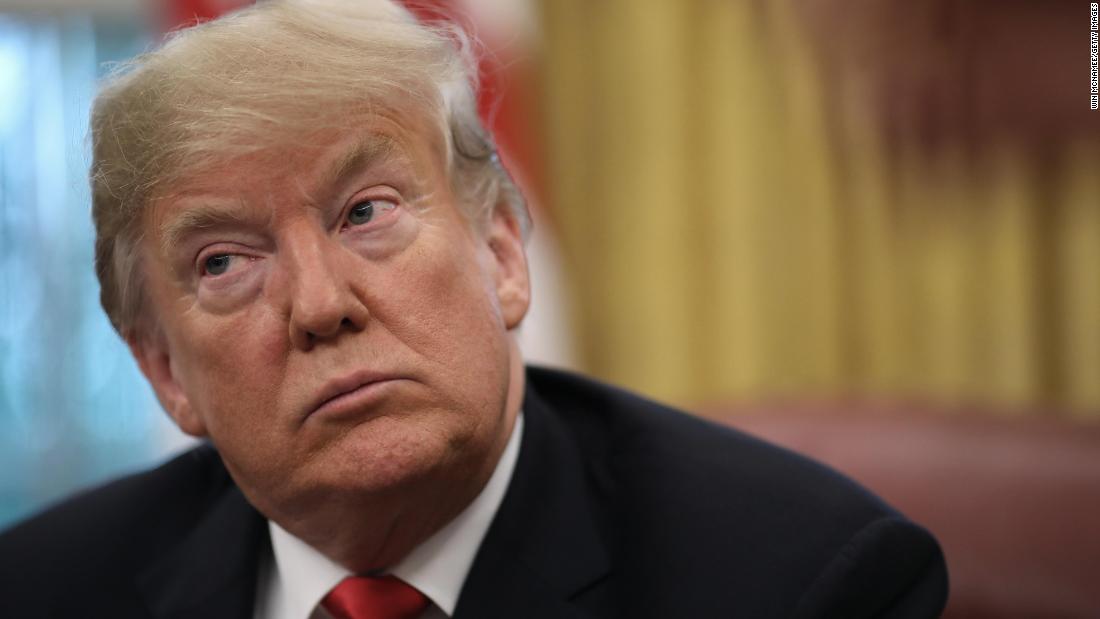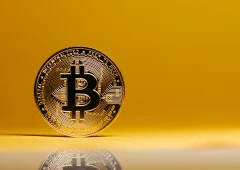Trump Likely to Delay Bitcoin Purchases Until Price Drops, Says Bitwise’s Jeff Park
10.03.2025 21:57 2 min. read Alexander Zdravkov
Jeff Park from Bitwise predicts that President Trump will hold off on further Bitcoin purchases until the price nears $60,000.
His comments come amid speculation about the U.S. expanding its Strategic Bitcoin Reserve without increasing taxpayer costs. Park argues that politicians, especially the President, are cautious about buying at high prices due to the reputational risks associated with market downturns.
With the U.S. already controlling around 200,000 BTC, valued at $17 billion, mostly seized through asset forfeitures, Park believes political figures are more inclined to wait for a better entry point.
The reserve cannot sell these assets but is tasked with finding “budget-neutral” ways to acquire more. Park highlights that public pension managers can invest in Bitcoin with more flexibility, contrasting with the risk-averse nature of public officials facing short-term political scrutiny.
Public officials’ cautious approach stems from their need to protect their image, as buying at high prices and seeing a significant dip in value could lead to significant political and media backlash.
In short, while the U.S. aims to grow its Bitcoin reserves, Park believes officials will wait for lower prices to minimize political fallout. With the rise of strategic initiatives like the Bitcoin reserve, Park suggests that long-term investments in digital assets will become more common among government bodies, though these decisions will always be weighed heavily against the risks involved.
-
1
BlackRock’s Bitcoin ETF Now Out-Earning Its $624B S&P 500 Fund
03.07.2025 10:00 1 min. read -
2
Market Turmoil, War Fears, and a $70 Million Bet Against Bitcoin: James Wynn’s Stark Warning
21.06.2025 16:00 2 min. read -
3
Strategy’ Michael Saylor Drops Another Cryptic Bitcoin Message
24.06.2025 21:00 1 min. read -
4
‘Nobody Saw This Coming’: Saylor Points to Political Winds Fueling Bitcoin Boom
22.06.2025 10:00 2 min. read -
5
Strategy Adds to Its Bitcoin Pile Again, Shrugging Off Market Slump
23.06.2025 17:00 1 min. read
Bitcoin: Is the Cycle Top In and How to Spot It?
Bitcoin may not have reached its peak in the current market cycle, according to a recent analysis by crypto analytics firm Alphractal.
BlackRock’s IBIT Bitcoin ETF Surpasses 700,000 BTC in Record Time
BlackRock’s iShares Bitcoin Trust (IBIT) has officially crossed the 700,000 BTC mark, reinforcing its position as one of the fastest-growing exchange-traded funds in financial history.
Bitcoin: Historical Trends Point to Likely Upside Movement
Bitcoin may be gearing up for a significant move as its volatility continues to tighten, according to on-chain insights from crypto analyst Axel Adler.
Trump’s Two big Bitcoin Moves: Key Catalysts or Just Noise for BTC Price?
Two major developments are converging in July that could shape the future of Bitcoin in the United States—both tied to President Trump’s administration and its expanding crypto agenda.
-
1
BlackRock’s Bitcoin ETF Now Out-Earning Its $624B S&P 500 Fund
03.07.2025 10:00 1 min. read -
2
Market Turmoil, War Fears, and a $70 Million Bet Against Bitcoin: James Wynn’s Stark Warning
21.06.2025 16:00 2 min. read -
3
Strategy’ Michael Saylor Drops Another Cryptic Bitcoin Message
24.06.2025 21:00 1 min. read -
4
‘Nobody Saw This Coming’: Saylor Points to Political Winds Fueling Bitcoin Boom
22.06.2025 10:00 2 min. read -
5
Strategy Adds to Its Bitcoin Pile Again, Shrugging Off Market Slump
23.06.2025 17:00 1 min. read


